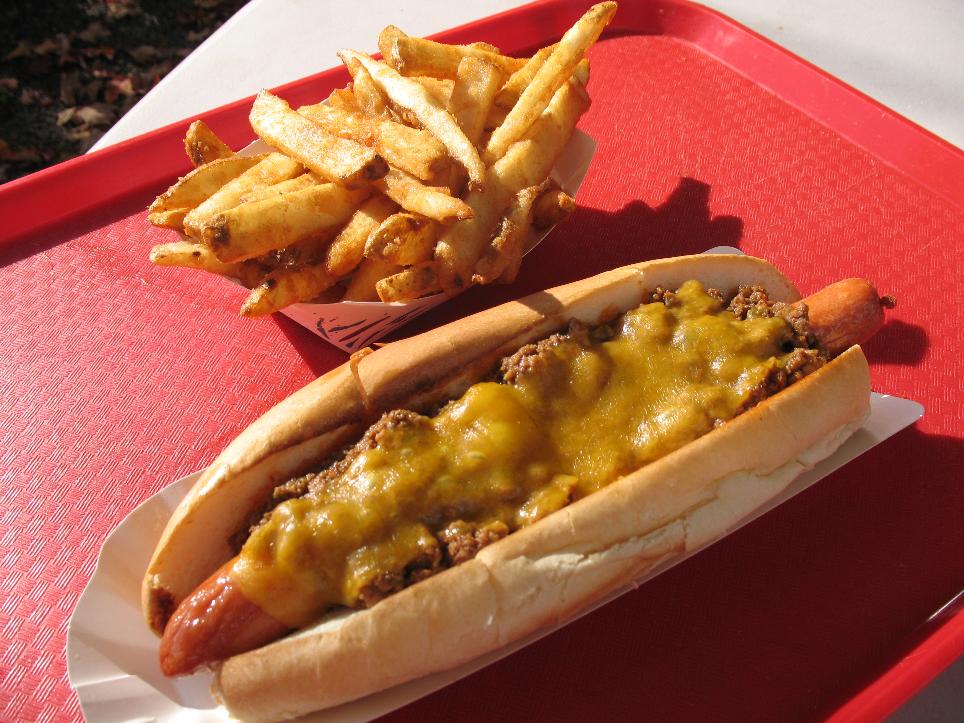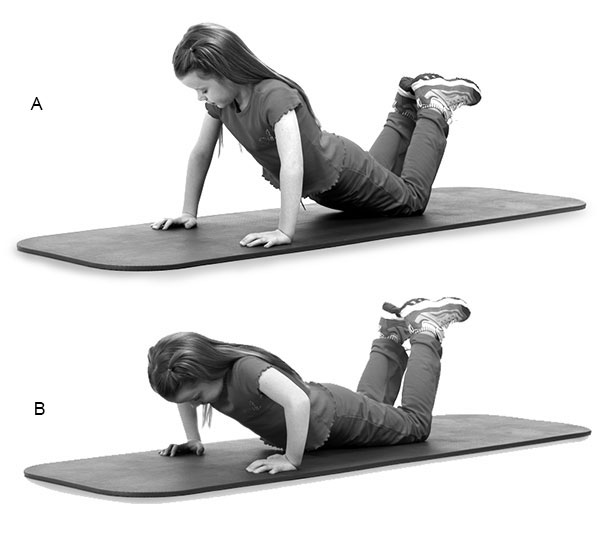Does Protein Guard Against Weight Gain?
Does eating more of your calories from protein mean you’ll gain or lose body fat? Neither: It’s the calories that matter, finds a new well-controlled study of inactive subjects.
Researchers at Pennington Biomedical Research Center in Louisiana recruited 25 men and women to live in their facility, eating anything the kitchen served up. After a couple of weeks, in which the researchers figured out how many calories each volunteer needed to get by, they divided the study subjects into three groups: one that ate a diet with 5 percent protein (pretty low by typical dietary standards), one that ate a 15 percent protein diet (the usual amount most people eat), and one that ate a 25 percent protein diet (considered a high amount).

For the next 8 weeks, the volunteers overate beyond their typical caloric needs by about 1,000 calories a day.
The results: Every group gained about the same amount of fat—around 7.5 to 8 pounds. But while the low-protein group lost 1.5 pounds of lean body mass, the normal- and high-protein subjects gained 6 to 7 pounds of lean body mass.
More from MensHealth.com: The Truth about Protein
What’s lean body mass? Technically, it’s anything besides fat or bone, like water, connective tissues, glands, and muscle. But because the subjects were extremely sedentary—they spent their days in the lab watching TV and playing cards—study leader George Bray, M.D., doesn’t believe that they gained any muscle mass.
The reason for the lean body mass gains in the protein group: “To store fat or protein, you need new vessels, more blood, more enzymes, et cetera,” Dr. Bray explains. “The increase in lean body mass was probably these things and water.”
More from MensHealth.com: Join the Belly Off! Club. It's free!
In addition, the study subjects in these groups burned significantly more calories when they were sitting around doing nothing, a consequence of the energy it took for their bodies to store or metabolically burn that protein. “And yet, increasing energy expenditure on the normal and high protein diet did not reduce fat storage, meaning that the metabolic controls on protein disposal are different from those on fat storage,” says Dr. Bray.
The bottom line: No matter what you overeat, excess calories will lead to excess fat.
“Don’t think you can cheat your fat storage by eating high protein meals,” Bray says. “Our data says that it doesn’t make a difference what you eat [to gain fat]. It’s the calories that count.”
NEW YEAR, NEW YOU! Is your New Year's resolution to lose weight? Here's your FREE plan to lose 20 pounds one day at a time.
-
4 Simple Tricks to Eat Less
Want to trick yourself into eating healthier? Your magic solution may
-
Summertime Smoothies | Men's Health
When you adopt the Abs Diet, your blender should work out harder
-
Outsmart Your Sweet Tooth
Question: How do I lower my sugar intake without cravings destroying m
-
Lose Weight WITHOUT Dieting!
I took Ella to the zoo yesterday to see her beloved gorillas (serious
-
Are Cheat Days OK?
As weight loss experts, people don’t usually ask how they can lose wei
-
Paleo, Gluten and Miley Cyrus...OH MY!
Gluten is certainly all the rage. From the ever so popular Paleo Diets
- DON'T MISS
- 5 Easy Ways to Rev Up Your Metabolism
- Abs Diet: Cheat Day Recipe
- Belly Off: Weight Loss Benefit: More Energy:
- Belly Off! Club: Alan Trotty
- Two Most Dangerous Words in Nutrition
- Weight Loss Success Story:
- Ricky Gervais Wants Respect:
- Are You Accidentally on Drugs?
- Healthy E ing and Exercise
- Counting Calories for Weight Loss




